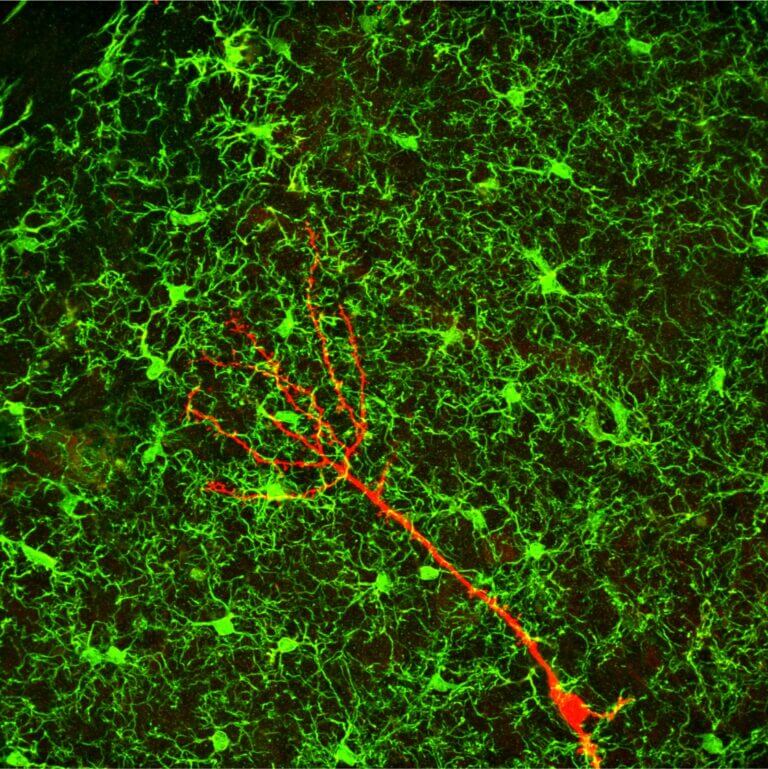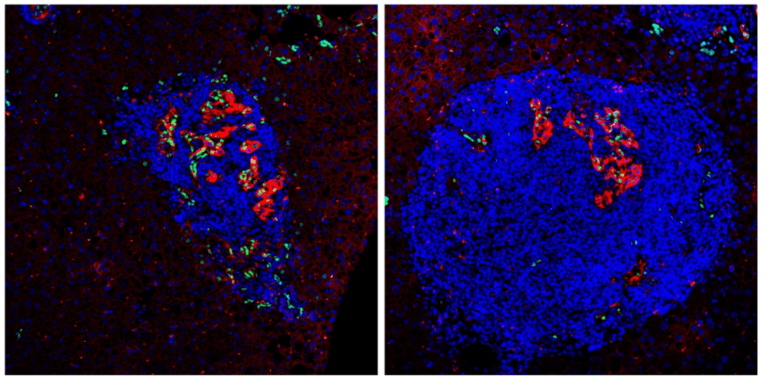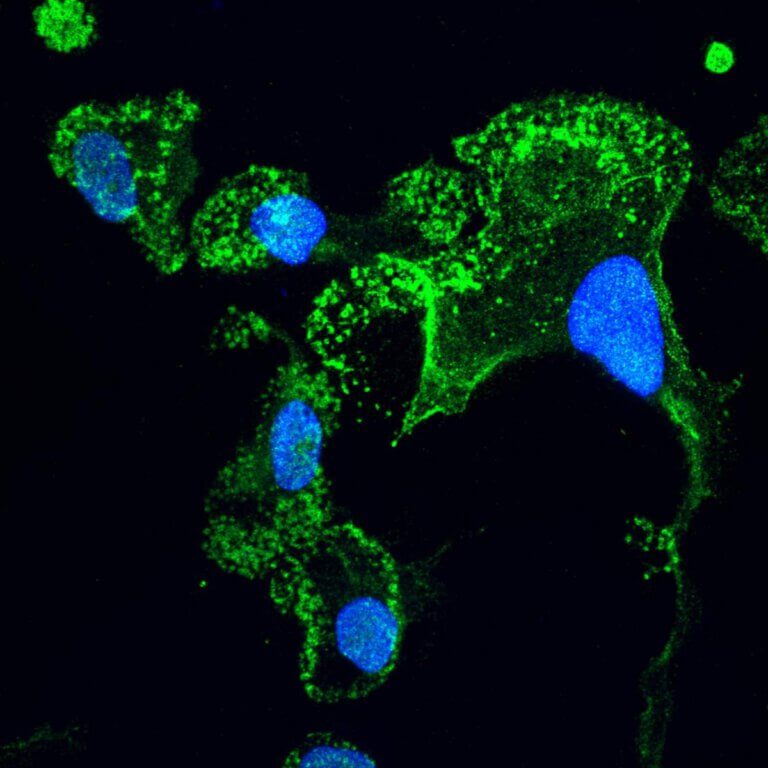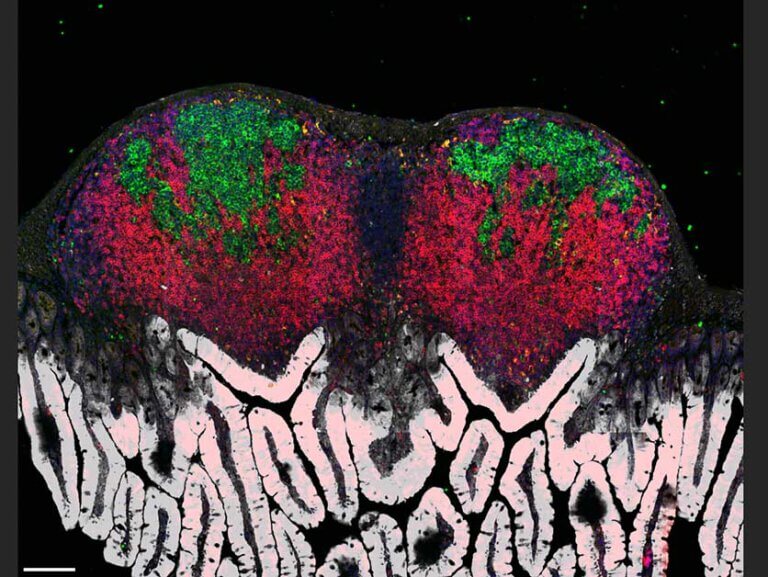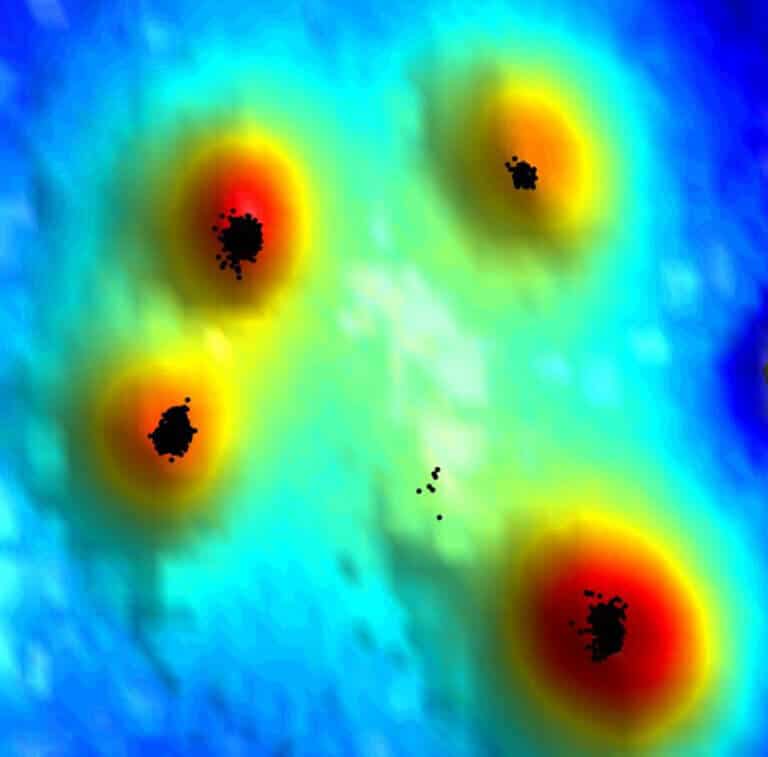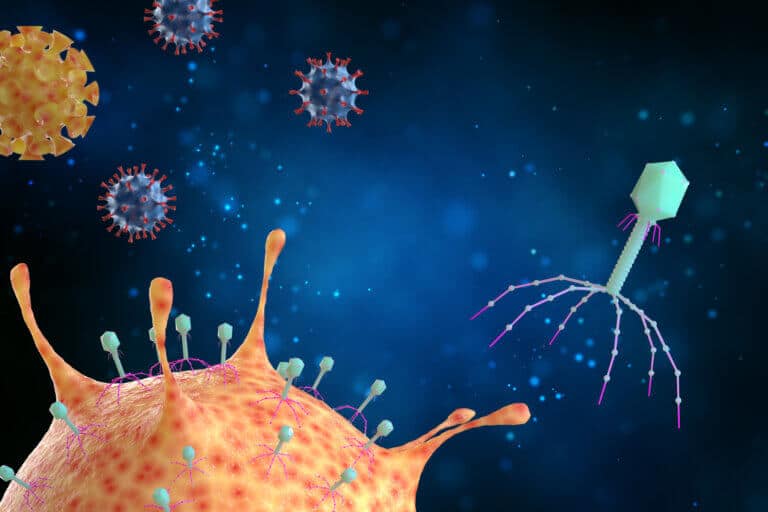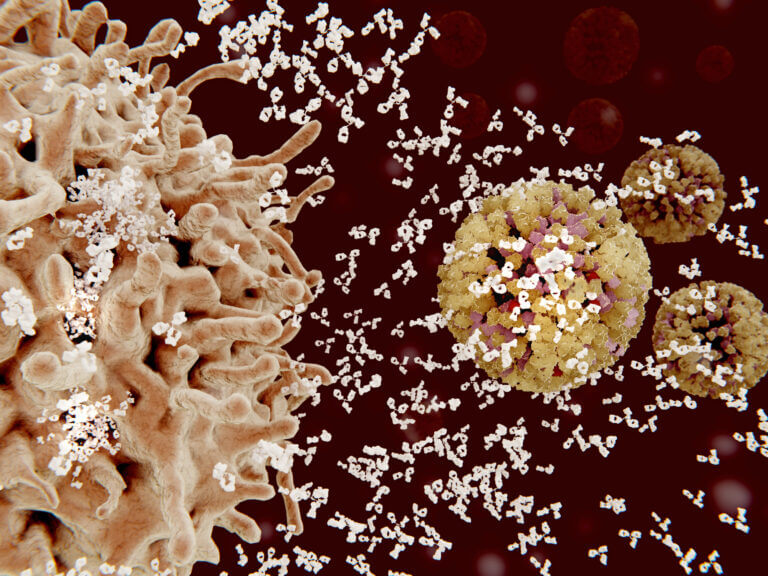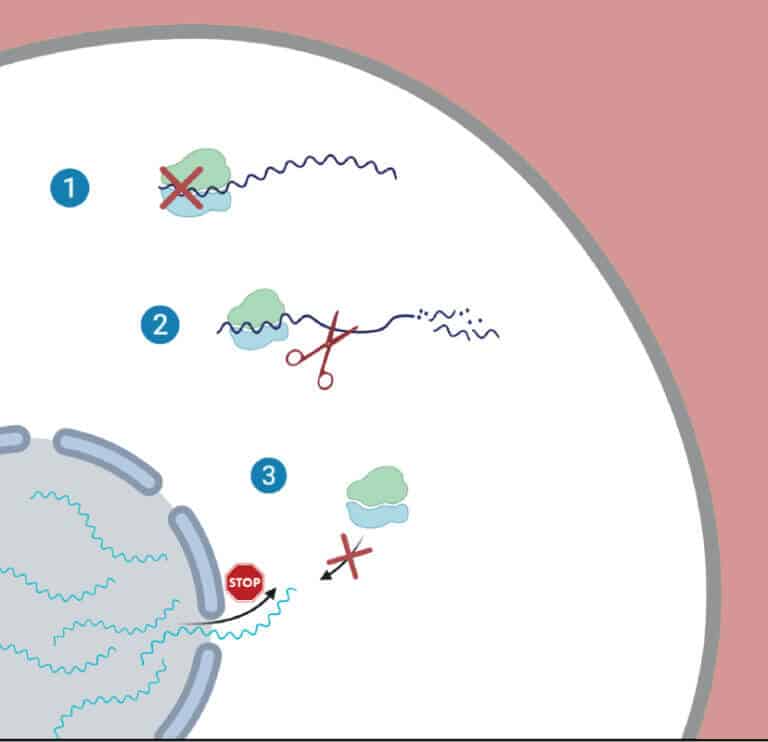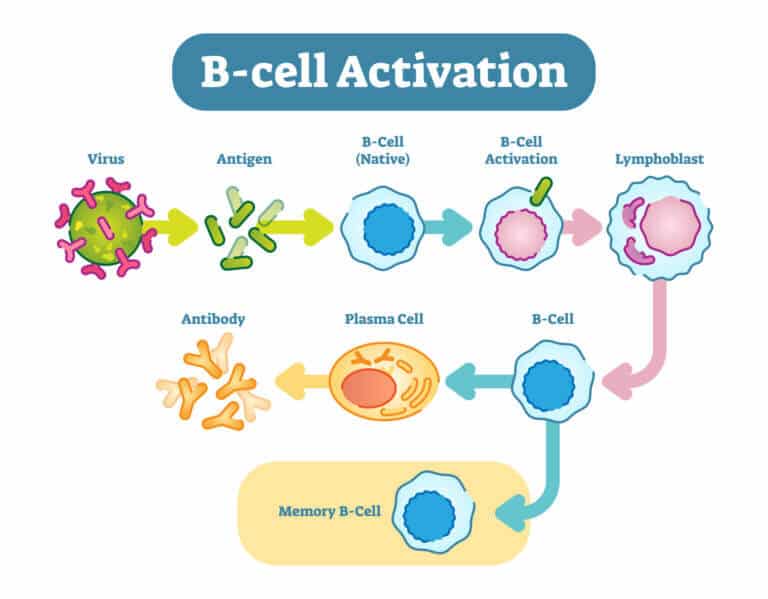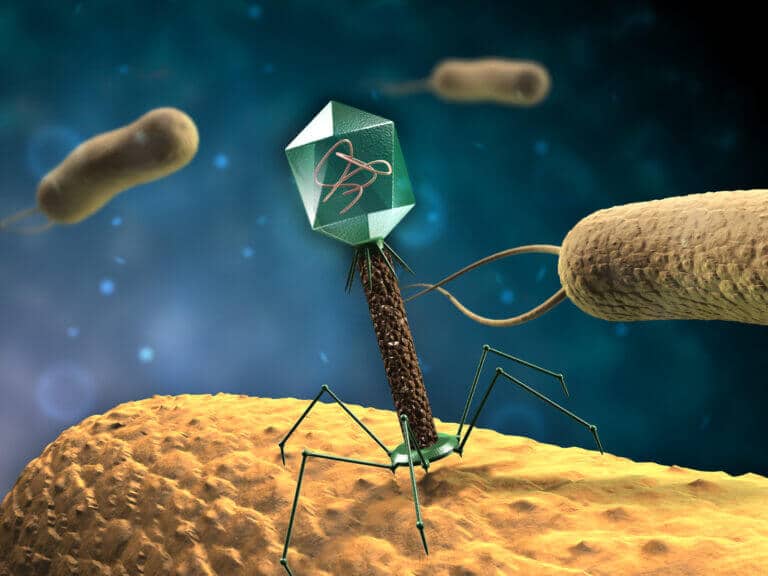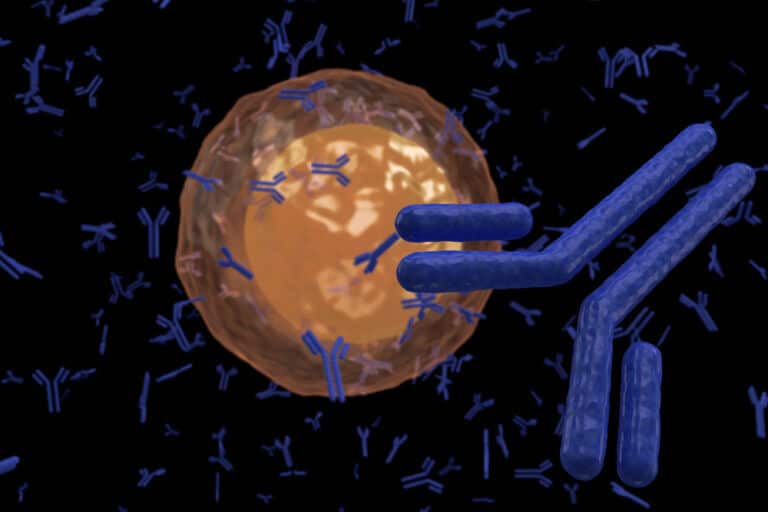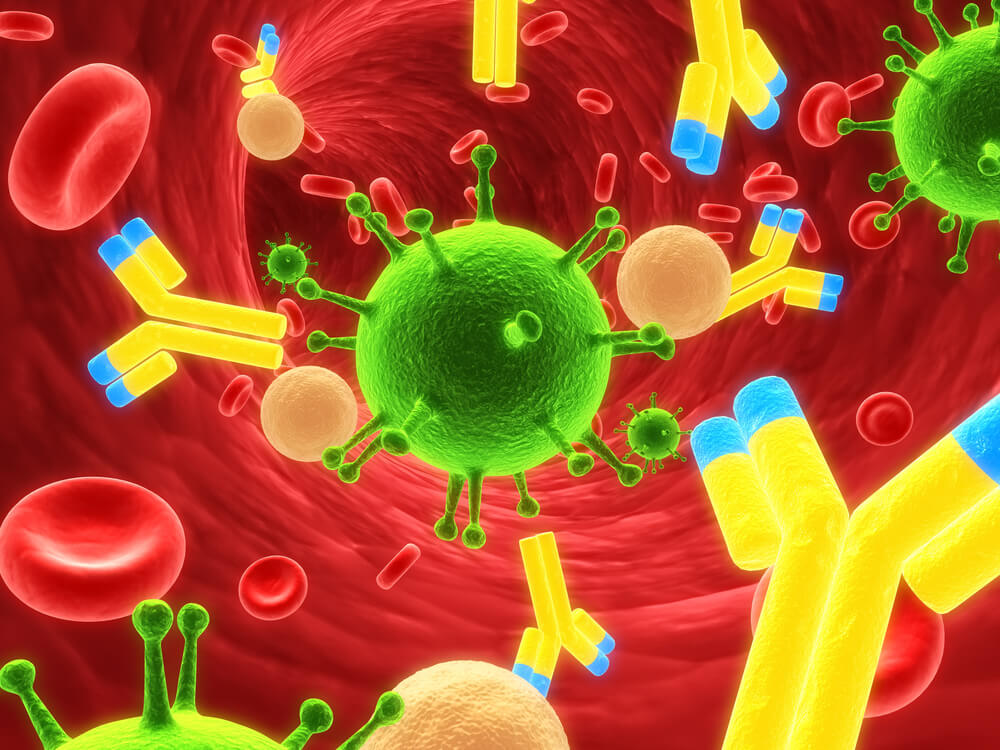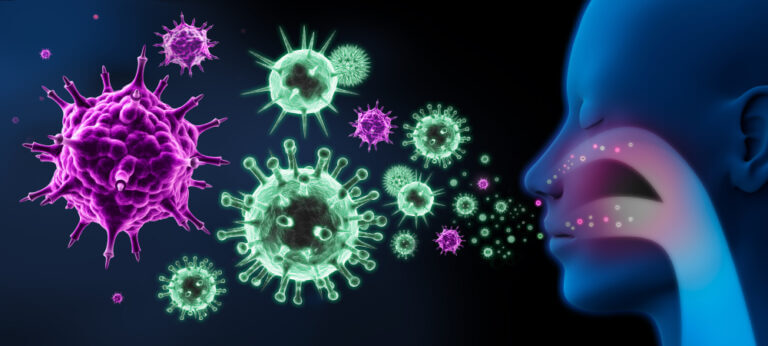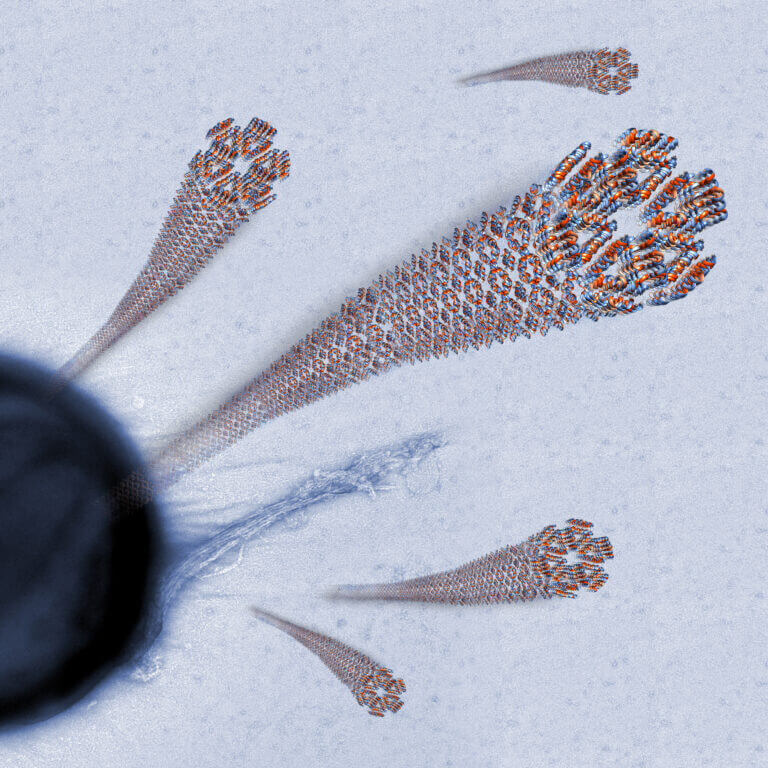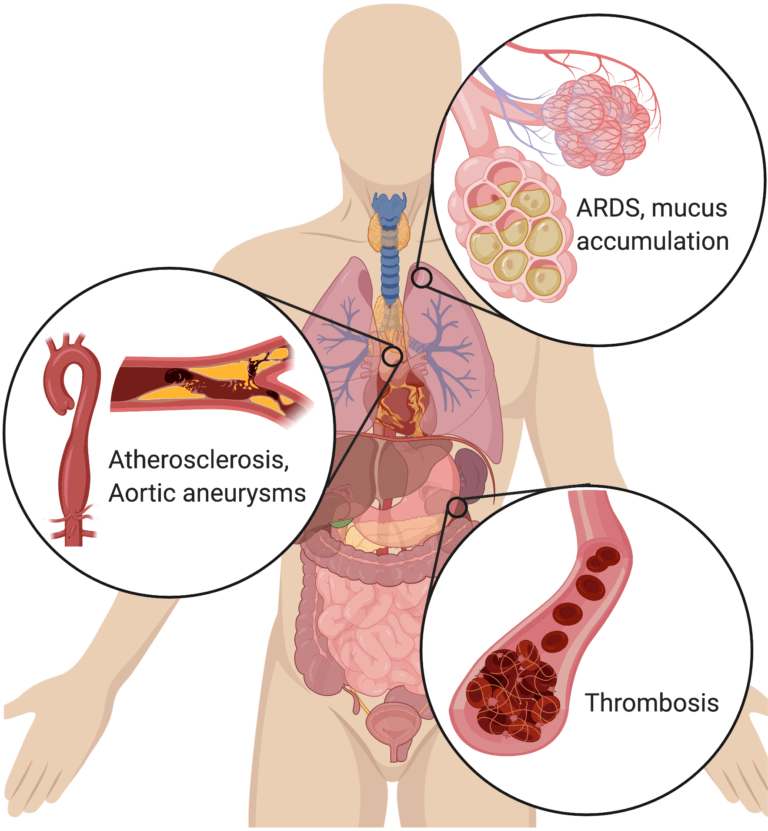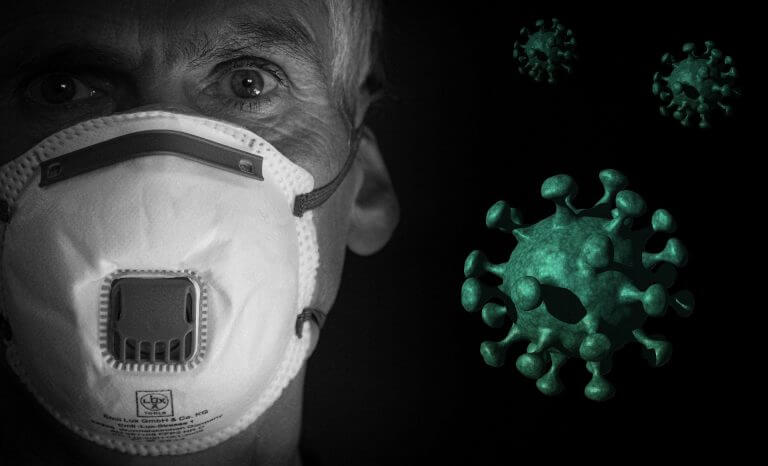Hayadan > immune system
immune system
- The Technion
- April 20, 2024
- No comments
The intestine is a very dynamic organ that is constantly changing structurally, mechanically and chemically, and the intestinal bacteria are required to cope with this dynamism. One of the features that may help them in this is plasticity - the ability to undergo rapid genomic changes in response to changes in environmental conditions
- The Technion
- March 13, 2024
- No comments
Dr. Kathryn Vandorna from the Faculty of Biomedical Engineering at the Technion developed a new method that allows the monitoring of the formation of immune blood cells in the bone marrow. For this purpose, she used tiny magnetic particles of iron oxide, which she followed with various imaging methods, including MRI of the living creature
- Dr.Roey Tsezana
- December 9, 2023
A new competition to stop aging with prizes of 101 million dollars
- Weizmann Institute
- August 17, 2023
The new system was discovered in bacteria - but is also used in corals, bees and others
- Tel Aviv University
- July 9, 2023
This is the first time that researchers succeed in developing personalized tools for infectious diseases, which until now have only been developed for specific diseases such as cancer and Alzheimer's
- The Voice of Science website - the Israel National Science Foundation
- June 30, 2023
Degeneration of the cells of the immune system in the brain may be the biological cause of depression, and there may be substances that can restore these cells - and be antidepressants
- Avi Blizovsky
- March 14, 2023
- 3 תגובות
Prof. Schwartz challenged the convention that nerve cells do not regenerate or recover, and discovered that the immune system also takes care of them. She also studied the blood-brain barrier and discovered that it prevents the cells of the immune system from helping in cases of brain damage such as Alzheimer's
- The Voice of Science website - the Israel National Science Foundation
- April 12, 2022
Pools of immune system cells taken from patients and mice with liver cancer and melanoma, partly composed of tired immune cells
- Weizmann Institute
- April 1, 2022
Weizmann Institute of Science scientists have discovered a new pathway that may protect nerve cells in the brain and slow down the development of degenerative brain disease
- Tel Aviv University
- March 25, 2022
- One response
- Weizmann Institute
- February 20, 2022
When the body's defense systems sacrifice the long term for short term victories
- Weizmann Institute
- January 23, 2022
How do the cells of the immune system know how to brake quickly?
- Weizmann Institute
- December 2, 2021
A defense mechanism discovered in bacteria may make it possible to improve the resistance of agricultural crops to pests
- The Technion
- August 17, 2021
- No comments
Researchers at the Rappaport Faculty of Medicine at the Technion deciphered new aspects of the aging of the immune system - and discovered that it is possible to restore its youth
- Weizmann Institute
- June 3, 2021
The scientists of the Weizmann Institute of Science, in partnership with the scientists of the Biological Institute in Nes Ziona, revealed how a unique combination of three mechanisms allows the corona virus to escape the immune system
- Avi Blizovsky
- May 31, 2021
- No comments
In a healthy person, these cells do not exist at all. In patients with malaria, AIDS and lupus, they make up 15%-25% of the B cells
- Weizmann Institute
- November 7, 2020
- 6 תגובות
Besides solving a 36-year-old mystery, Weizmann Institute of Science scientists have identified thousands of types of these components, which may be used in gene editing
- Tel Aviv University
- October 5, 2020
- One response
This is according to a joint study by Tel Aviv University and Hasharon Hospital (Rabin Medical Center). The researchers estimate that in the case of repeated exposure to Corona, those who recover from the disease may be protected from a second illness - but it is possible that they may still carry the virus and infect others
- Young Galileo
- August 21, 2020
- 2 תגובות
Did you know that our immune system consists of two subsystems? One is born, and the other is acquired during our lives. Both together fight invaders (bacteria, viruses, etc.) as much as they can. So why do we need vaccines? Because even these two are not always enough to fight all the troubles
- The Hebrew University
- August 18, 2020
- 10 תגובות
The researchers actually suggest increasing the power of the innate immune system - the first line in the fight against the virus, before the acquired immune system (specific to a particular pathogen) comes into action.
- The Technion
- August 7, 2020
- One response
- Science site The Conversation
- June 1, 2020
- 5 תגובות
- Ziv Adaki
- April 24, 2020
- 2 תגובות
- Science site The Conversation
- April 2, 2020
- 2 תגובות
- Avi Blizovsky
- February 23, 2020
- 7 תגובות






